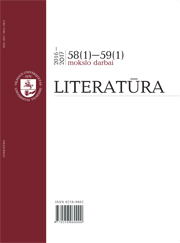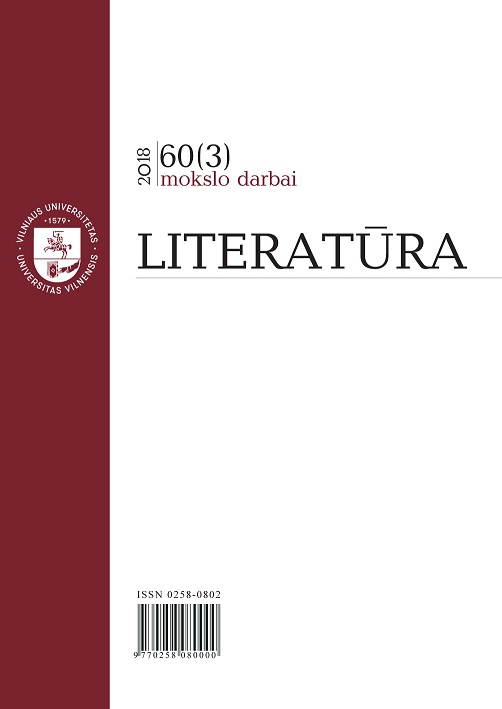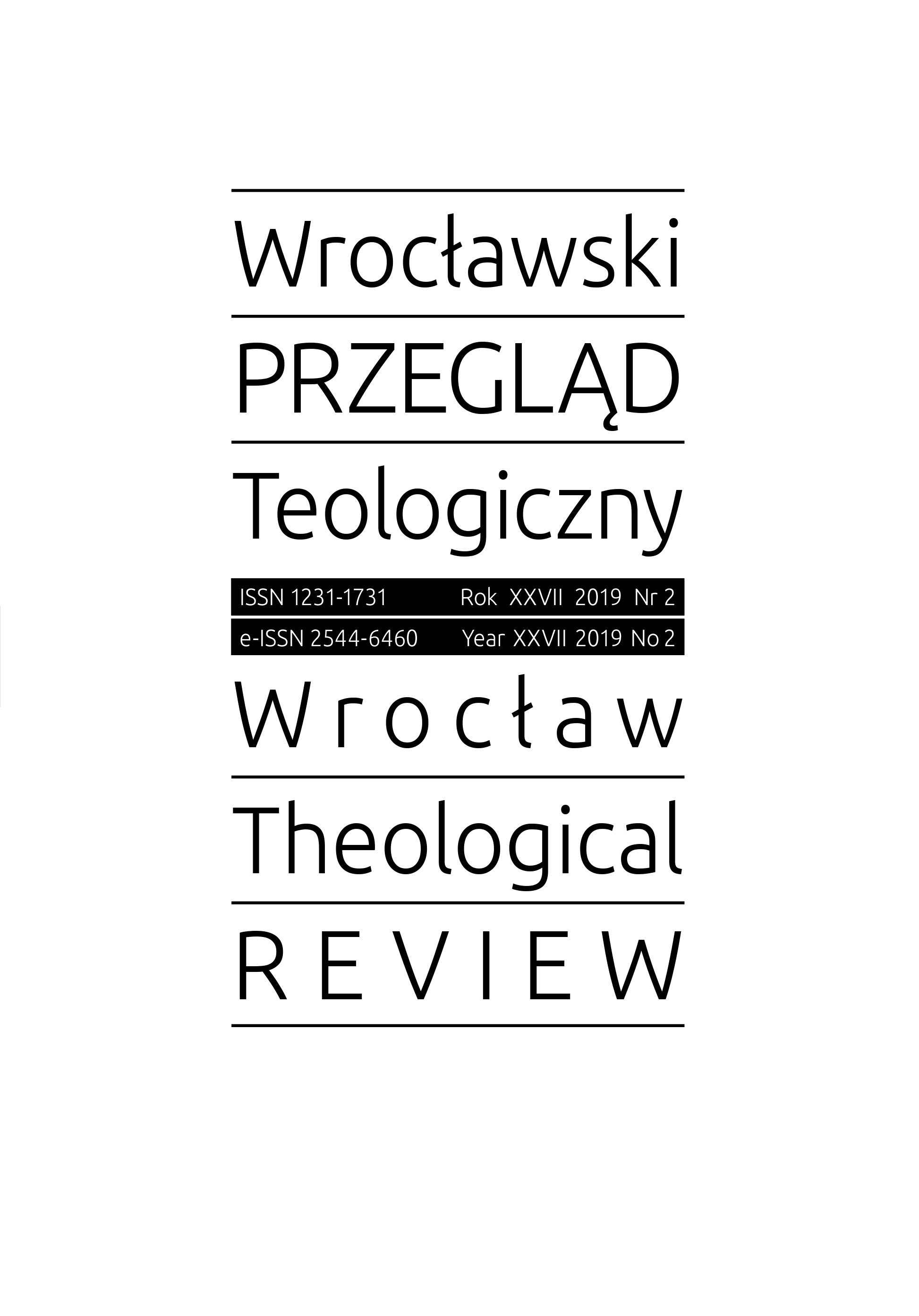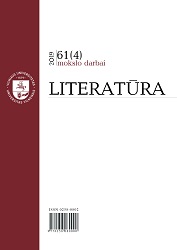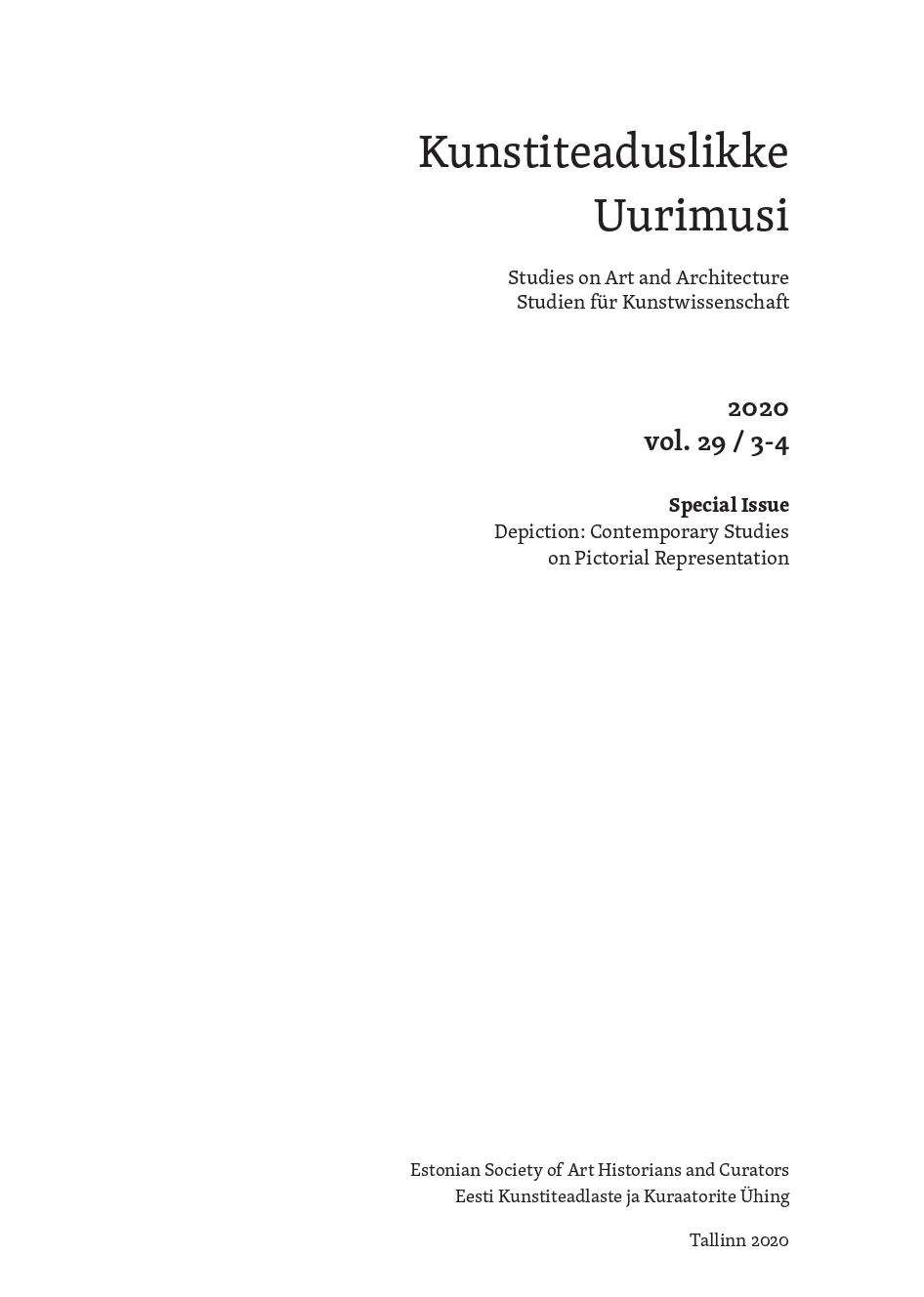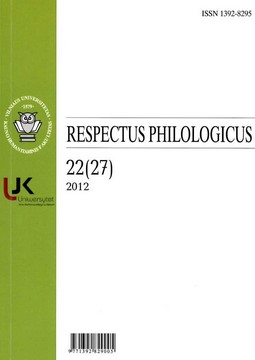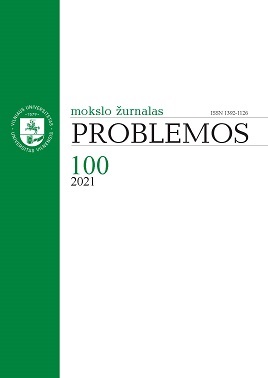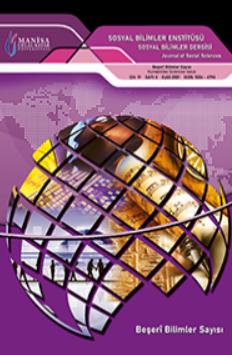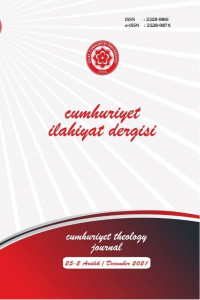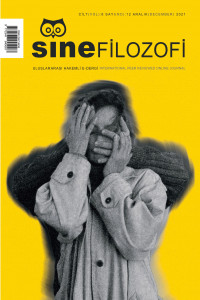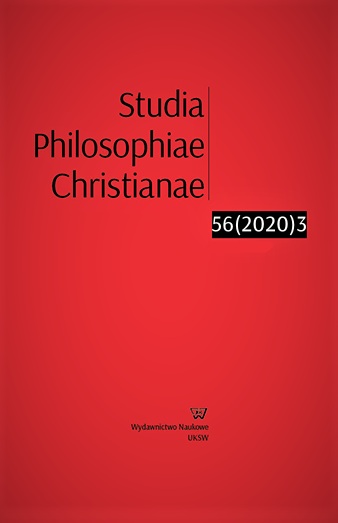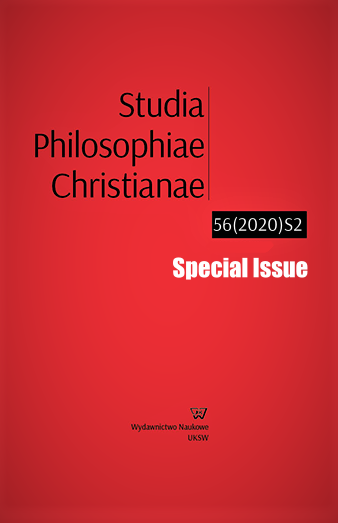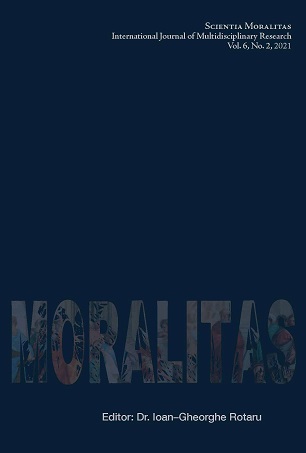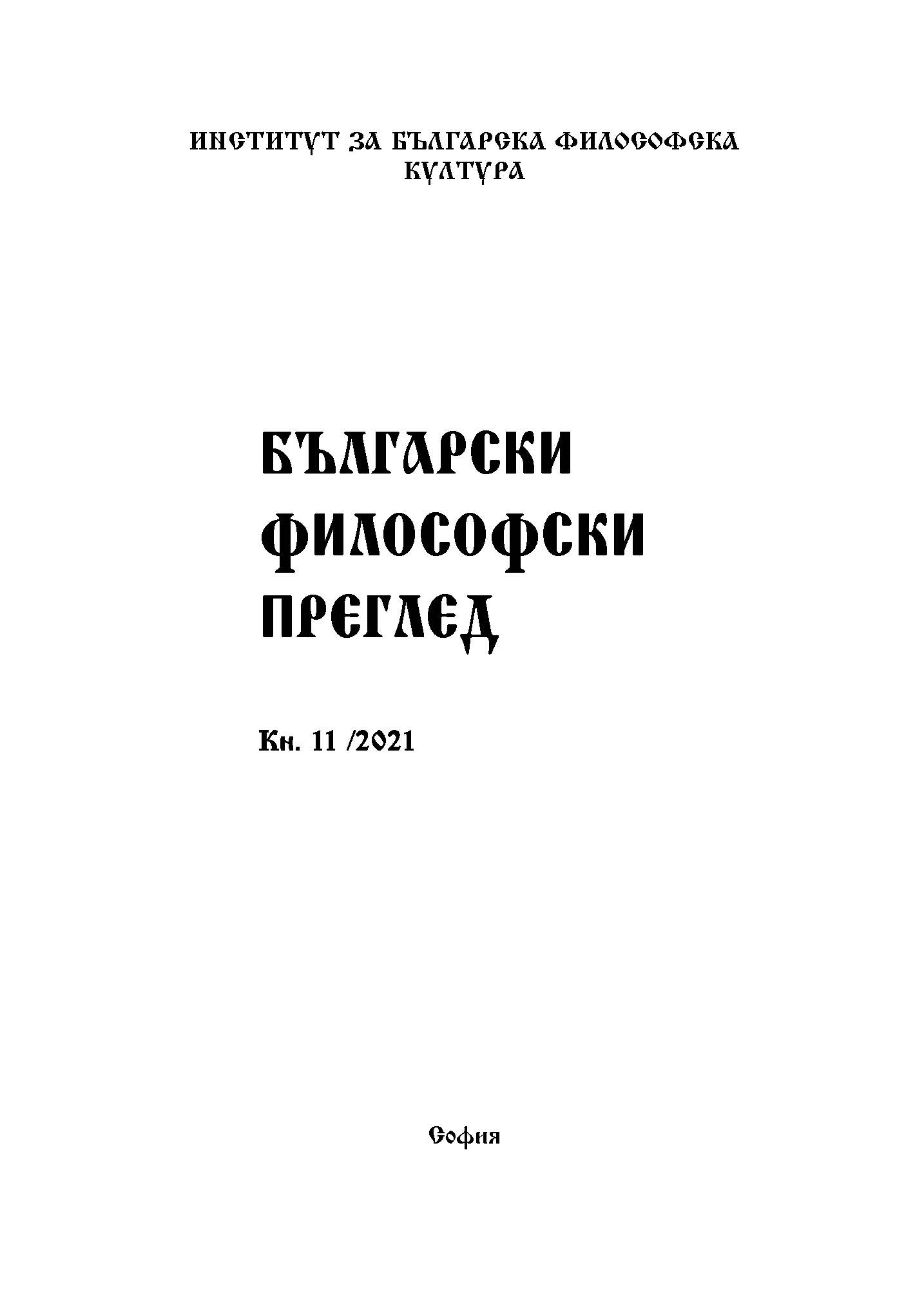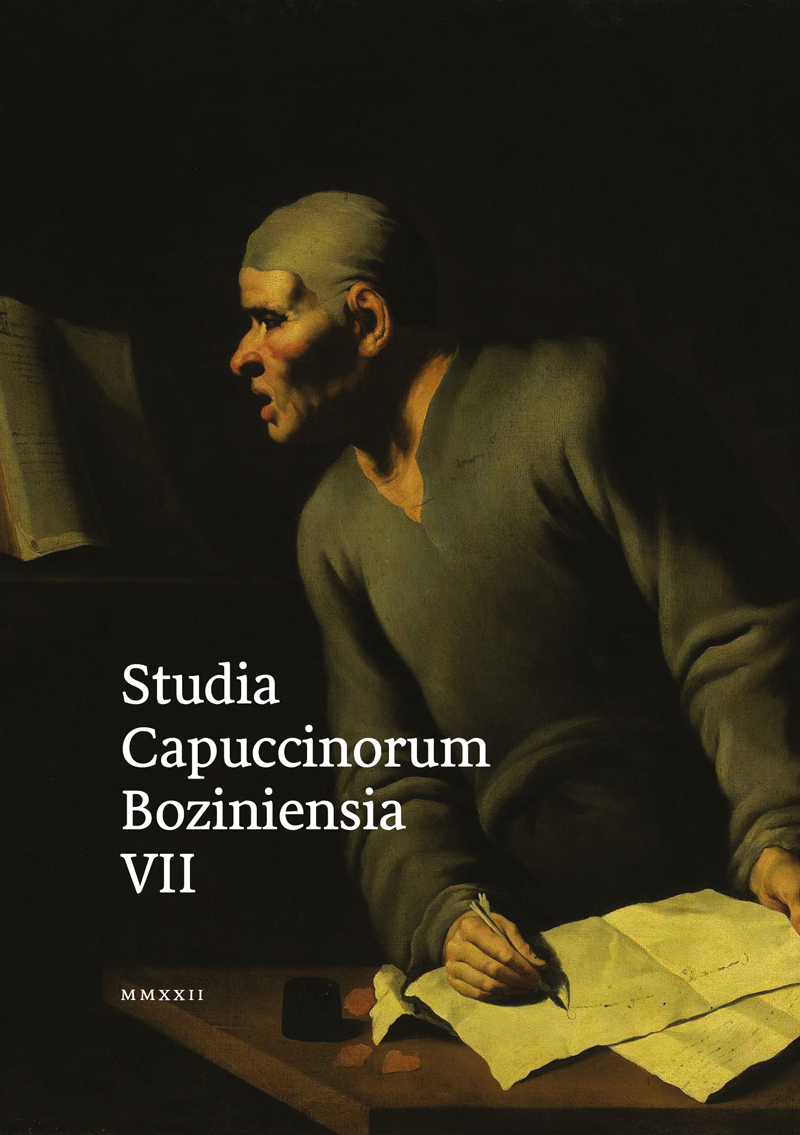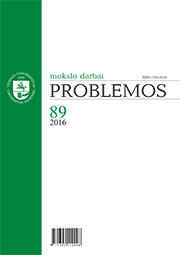
STEPS TOWARDS ANTI-PHYSICALISM
Ontological physicalism is the thesis that all existing entities – individuals, properties, events, states of affairs – are wholly physical. This doctrine is said to receive a very strong support form contemporary science. In particular, physicalists have customarily been convinced that scientific theories, taken in general, somehow directly imply their metaphysical doctrine. What is more, they have tended to say that other elements of their philosophical approach, such as the causal closure principle or the no-overdetermination rule are also consequences of scientific theories. In my text, I present some arguments in favour of antiphysicalist position, according to which ontological physicalism is not true and its justification does not look as promising as physicalists are usually prepared to think. In particular, I argue, contrary to a widespread opinion, that the principle of causal closure is not true and cannot be used in any anti-dualistic argumentation. I also voice some scepticism with regard to the law of the conservation of energy and the no-overdetermination rule as an element of physicalist argumentative strategies. Then, as an illustration of an anti-physicalist methodology, I describe methodological dualism – a typical methodological approach universally accepted within cognitive sciences, neuroscience, and psychology. At the end of the paper I briefly and schematically present five model arguments against physicalism. The general aim of the paper is to show that physicalism, although it has enjoyed a great popularity among contemporary philosophers and can still boast of scientific support, has in fact to grapple with many theoretical difficulties, which however are constantly ignored by physicalists. Although I do not present any positive argument for dualism as such, my attempts can nevertheless be interpreted as an indirect argumentation in favour of every position that is opposed to physicalism.
More...
